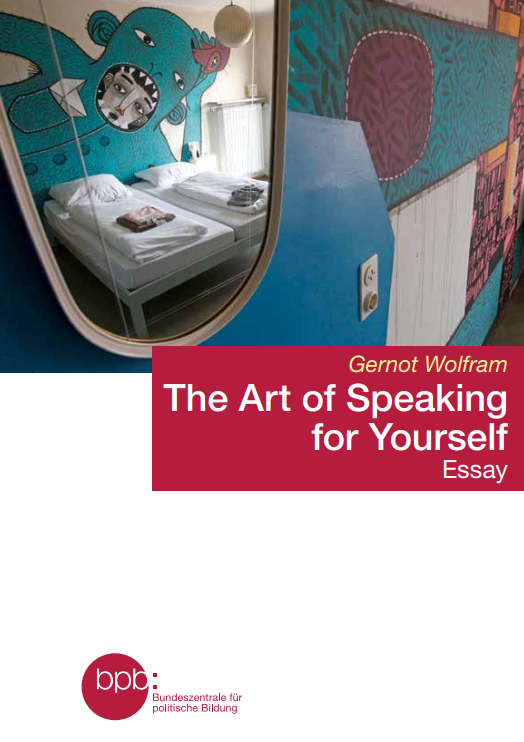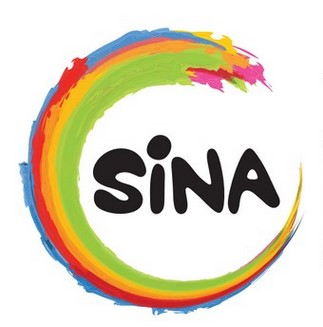The story of Etienne Salborn and the Social Innovation Academy (SINA) are highlighted in the book of the German bpb: “The Art of Speaking for Yourself” as an example beyond empowerment to enable people create their own solutions.
The book is an essay to let people speak for yourself – beyond all ideology or political agenda. At the same time, it is a short cultural history of well-meant appropriation of others: for example, as in the case of refugees, when their stories are told by volunteers and taken over as though they were their own. The essay describes false impressions, inaccurate portrayals, and misunderstandings that arise when adequate two-way listening is lacking: as when performing artists organize concerts in which refugees take part as accessories in a chorus, or when Western Europeans fall for the cliché view of their Eastern neighbors as fringe Europeans. Gernot Wolfram, in his exploration of what really constitutes the art of speaking for yourself, finds countless examples of this kind of appropriation. Yet he also describes people who, in spite of the many hurdles, have found ways to advocate for their particular cause. In this way, his essay offers an abundance of pointers for successful eye-to-eye exchange.

